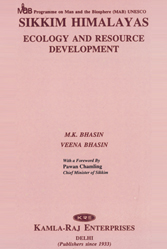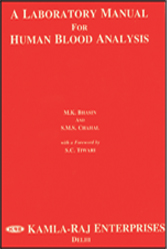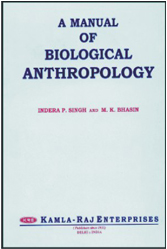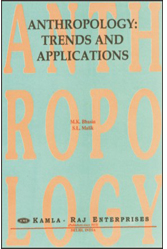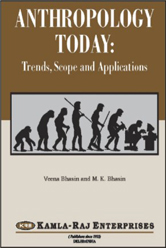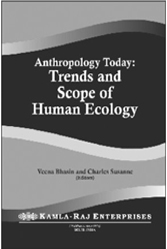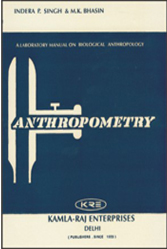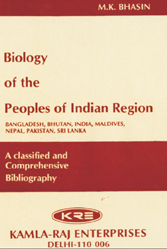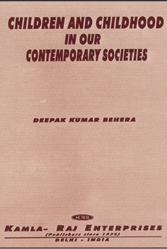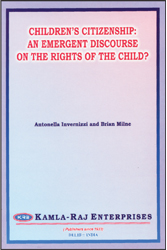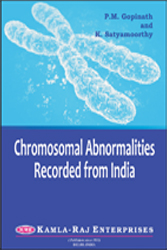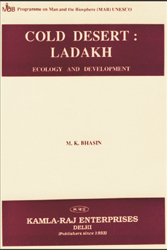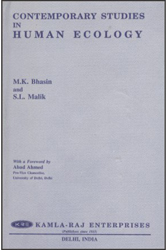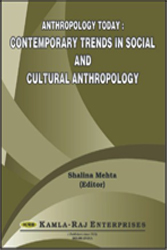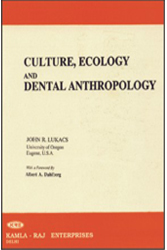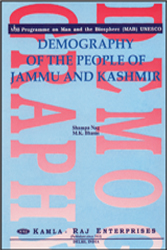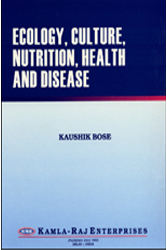DEMOGRAPHY
DEMOGRAPHY OF THE PEOPLE OF JAMMU AND KASHMIR
SHAMPA NAG AND M. K. BHASIN (University of Delhi, Delhi, India)
2002 • Pages: 200• Size: 180 × 240 mm • Binding: Hard • ISBN 81-85264-31-7 •
Price: US $ 65/- Rs. 950/-
The relationship between human beings and their environment is always dynamic. The assertion requires a systematic study of the changing relationship between the environment and the demographic, adaptive and anthropological structure of human populations. Here, it needs to be emphasized that anthropodemographic studies of Himalayan region are few, and we should develop an integrated approach for a better understanding of the dynamics of interaction between human beings and their environment. The present study will contribute to an understanding of the ecological, demographic and anthropological aspects of People of Jammu and Kashmir. Needless to state, the integrated perspective is undoubtedly superior to a piecemeal treatment for it offers sound insights into the working of various phenomena. Moreover, it helps us in bridging the gap between demography and anthropology.
CONTENTS
Preface
CHAPTER 1: INTRODUCTION:
- Introduction,
- Altitude,
- Housing Conditions and Amenities,
- Demographic and Socio-economic Factors,
- Medical Systems,
- Anthropological Research inLadakh
CHAPTER 2: GEOGRAPHICAL, CLIMATIC CHARACTERISTICS AND RESOURCES: LADAKH:
- Geographical Characteristics,
- Climate Characteristics,
- Ladakh: Resources
CHAPTER 3: HISTORICAL CHARACTERISTICS:
- Historical Background,
- Administrative Set-up-Ladakh Division,
- Composition of Population
CHAPTER 4: PEOPLE AND SOCIETY OF LADAKH:
- The People: Ladakh,
- Religion,
- Occupational Structure,
- Social Stratification,
- Traditional Economic Alliances,
- Agrarian Reforms,
- Village Life,
- Socio-Cultural Aspects
CHAPTER 5: HUMAN SETTLEMENTS AND AMENITIES:
- Introduction,
- Ladakhi Settlements,
- Amenities Available
CHAPTER 6: ECONOMIC PURSUITS:
- Introduction,
- Size of Land Holdings,
- Methods of Obtaining Land and Taxes,
- Agricultural Operations,
- Horticulture,
- Animal Husbandry,
- Trade,
- Secondary and Specialised Skills,
- Work Force Participation
CHAPTER 7: POPULATION CHARACTERISTICS:
- Introduction,
- Population Composition,
- Sex Ratio,
- Age Composition,
- Dependency Ratios,
- Nuptiality Indicators,
- Fertility
CHAPTER 8: DISEASE AND HEALTH CARE:
-
Introduction,
- Disease Incidence and Ecology of Disease in Ladakh,
- Health Care Among Ladakhis
- Mortality Differentials
CHAPTER 9: CONCLUSION
Appendix
Bibliography
Index
The Publishers Kamla-Raj Enterprises (KRE) have neither appointed any sole distributor nor have the publishers (KRE)
given any rights to anyone for KRE publications
Copyright 2015 KRE, All Rights Reserved
